Preparation, response, and resilience in fishing communities How do communities, specifically fishing communities, cope with the news of a fishing fatality? What happens first? Who is involved? Who should be involved? How does the process move from first responders to support for the families involved? What are the short-term and long-term needs? The close-knit fishing …
248 results for FISH SAFE
FISH SAFE: To tow or not to tow, that is the question
This is the time of year, perhaps more than any other, when fishermen get into distressful situations. Throughout our region, the water is cold, the weather is variable, the air temperature freezes spray onto the windows, rails, decks, and superstructures, and the sea turns its grayest faces and fiercest crests toward us. The captain seeks …
FISH SAFE: The heart of the matter – AEDs on the waterfront
Since taking my CPR/AED (cardiopulmonary resuscitation-automated external defibrillator) certification in July, I have tried to be aware of where AEDs/defibrillators are located. The intention to look for them has to be “trained-in” as they are not as readily available or as obvious as fire extinguishers. Yet should you need one, knowing its whereabouts could save …
EDITORIAL: No substitute for planning, training to fish safe
In the words of a wise old Coast Guard veteran some years back, “There are only two times fishermen really take chances out on the water. When they are making money, and when they’re not.” Cynical? Maybe. But his point was well taken. Fishing is always risky business and the ever-present need to push harder, …
FISH SAFE: Safe and salty – Learning from island fishermen
Island fishermen living on the islands off the coast of Maine area a creative group. Early on the Tuesday after Memorial Day, six of us packed up and headed out from Stonington on the Sunbeam, the Seacoast Mission’s boat. This was the Sunbeam’s last trip to the islands before being hauled out at Billings Marine …
FISH SAFE: A float plan and other documents to aid in event of search and rescue
We are always looking for ways to reduce fisherman risks and ensure efficient search and rescue operations. Here are some suggestions for actions that any captain and crew can take prior to leaving the dock that could make a significant difference in the timeliness of a rescue if later needed. First, the captain could provide …
FISH SAFE: Getting safely back out on the water after a winter haul-out
In the February 2015 issue of CFN, Fred Mattera wrote a SAFE BOAT-SMART BOAT column on inspection and maintenance. Here is a follow-up article that reviews some steps for a smooth and safe return to a new season of fishing after being being hauled out over winter, or a simply after a period of vessel …
FISH SAFE: Reducing risk – Icing by the numbers
Jan. 27, it will be eight years since the 76′ trawler Lady of Grace sank off Nantucket with her crew of four. It is a tragedy that is still easily recalled and deeply felt by those in the port of New Bedford. Following a yearlong investigation, the Coast Guard concluded that the primary cause of …
FISH SAFE – ME apprenticeship program putting safety-trained lobstermen on the water
The Maine Lobster Apprenticeship Program is the first of its kind in the US that requires not only hours of apprenticeship but also the successful completion of a US Coast Guard Fishing Vessel Safety Drill Conductor Course, according to the Maine Department of Marine Resources (DMR), which administers the program. This was not always so. …
FISH SAFE – Winch safety study identifies emergency shutoffs
In the January 2014 CFN, we discussed the hazards associated with winch level-winding operations on trawlers based on our ongoing Northeast Drum Winch Safety Improvement Study. This time, we’ll look at what we have learned about drum winch emergency shutoffs. To recap, we collected data for the study on 54 vessels from Gloucester, New Bedford, …


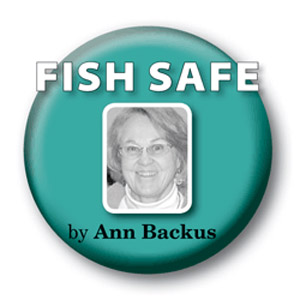
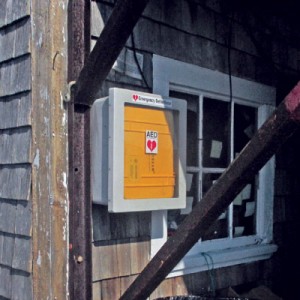

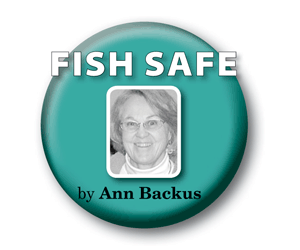
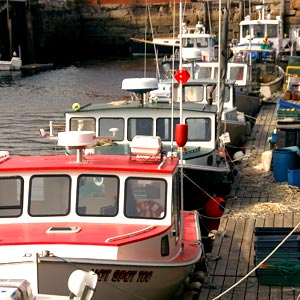
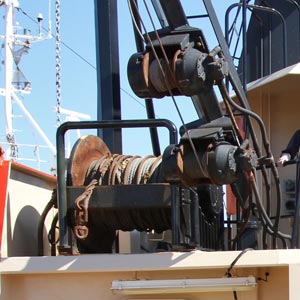
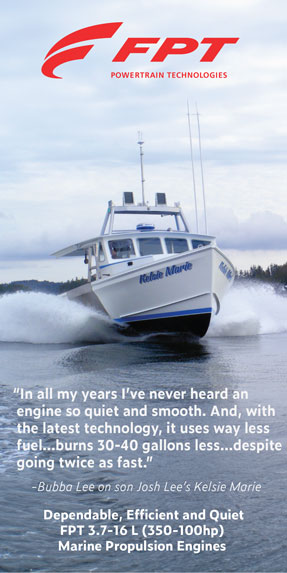
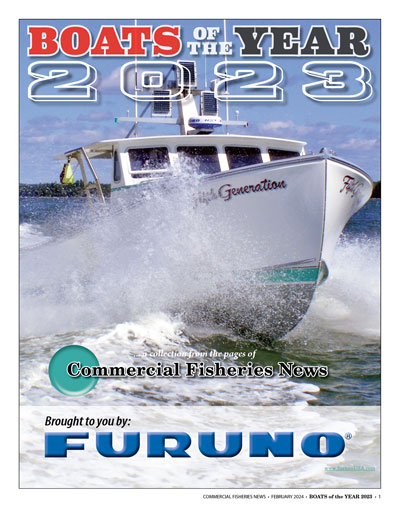
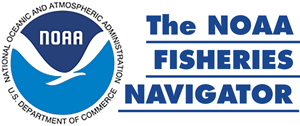

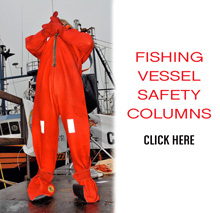
 Updating...
Updating...